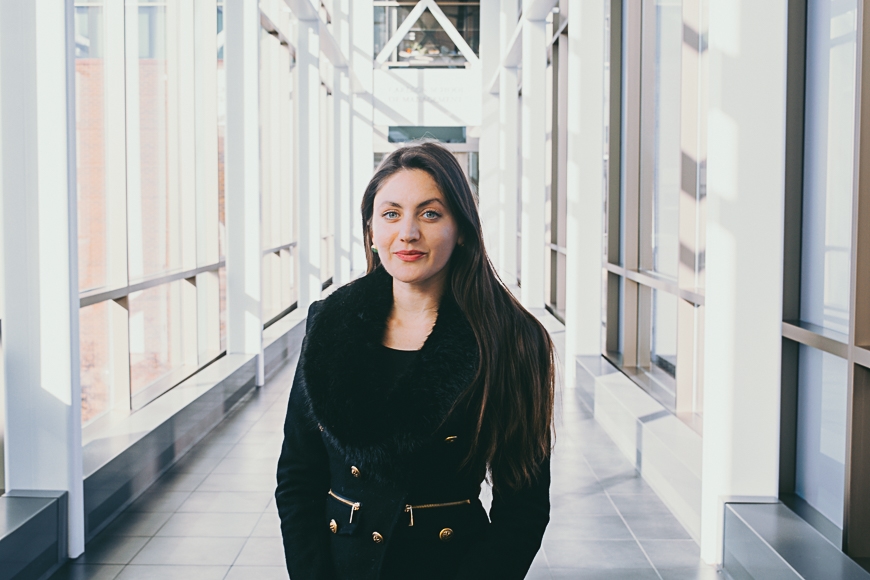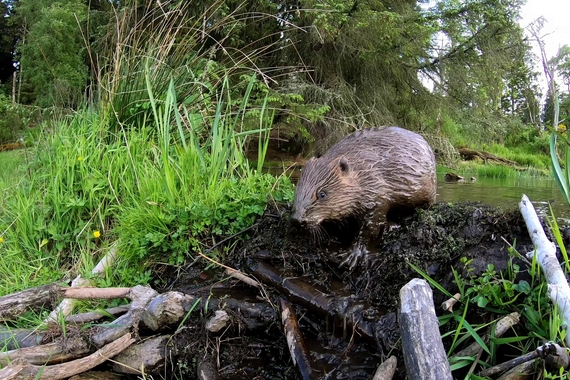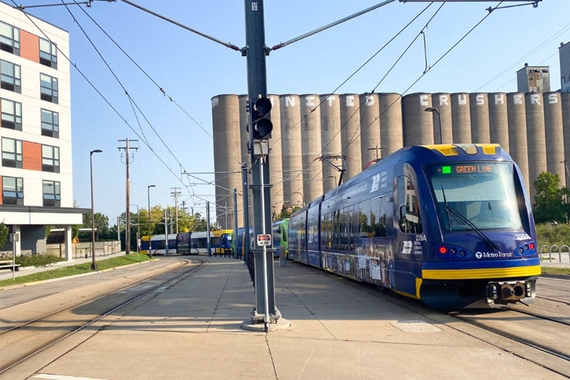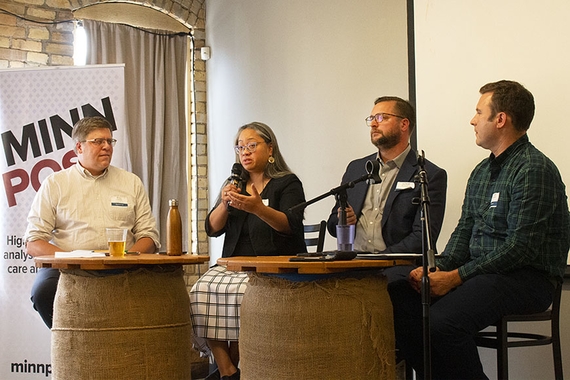Cultural Connections for Change
Chelsea Lissette Cervantes De Blois has a heart for learning that has taken her around the world. Specializing in the study of migration, changes in land cover (the physical characteristics of the land surface, which may be forests, wetlands, or impervious surfaces), and humanitarian patterns, Cervantes De Blois has dedicated herself to advancing geography by putting an emphasis on culturally connecting with the people while looking at how they are connected to the land.
The Motivation Behind The Research
Cervantes De Blois’ success in her research has come from her motivation to connect with the regions and communities she has studied. “When you speak to a person in your language, you speak to their minds. When you speak to a person in their language, you speak to their heart,” she says. “I believe that geographers need to be multi-disciplinary and multi-lingual. I strive to live up to that,” says Cervantes De Blois.
She observes that some graduate students have an expectation that when they research abroad, the data will magically appear because it’s a special situation. In reality, the most valuable data comes from developing sincere relationships alongside the fieldwork. “I’ve learned that communication is key when conducting and advancing field work, establishing contacts, and just making friendships,” she says.
The critical connection comes through the power of language. Her level of expertise in Turkish, Russian, Azerbaijani, Persian, Arabic, Spanish, Latin, and English shows how she is setting a new standard of cultural connection for geographers.
As a part of the Boren Fellowship, Cervantes De Blois investigated environmental vulnerability and climate variability in Azerbaijan. While she was overseas, her multilingual skills allowed Cervantes De Blois to conduct field site visits while speaking regional languages. Her ability to communicate in their language developed a level of trust and respect from her coworkers. She made a particularly powerful connection with an Azerbaijani professor and former Fulbright scholar who invited Cervantes De Blois to collaborate on an article regarding Azerbaijan’s pollution severity and management practices. The trust she established with her language skills and cultural investment was a key factor in opening doors for research collaboration in Azerbaijan.
Making It Happen
The University of Minnesota provides students with plentiful research support, opportunities, and coursework, which has, in turn, supported Cervantes De Blois to conduct her multidisciplinary research. Cervantes De Blois was a Fulbright (2014-2015) recipient before starting at the University of Minnesota, and she won the Boren Fellowship for students who study less commonly taught languages, which sent her to Azerbaijan in 2017-18 for research in understanding the complex linkages between society and the environment. Cervantes De Blois also won the Foreign Language & Area Studies (FLAS) fellowship four times at UMN, and, prior to her PhD at UMN, she won the FLAS fellowship during her Master’s program at the University of Wisconsin-Madison. Her constant dedication and aspiration to further the field of geography have truly paid off.
Minnesota Nurture
The University of Minnesota provides numerous sources and outlets to support graduate students in pursuing opportunities. Cervantes De Blois has extremely high regards for her PhD advisor, Dr. Steve Manson, who supported her immensely during her time in Azerbaijan. “I could not be where I am today as a researcher and aspiring academic without his excellent guidance, time, and endless support.”
Also, a new relationship has proven to be influential for Cervantes De Blois.
Dr. Somayeh Dodge, an Assistant Professor of Geographic Information Science (GIS), supported Cervantes De Blois in conducting a directed reading this semester to fulfill her FLAS area studies requirement by mapping out the data she obtained during her time in Azerbaijan.
Cervantes De Blois was also very grateful for the efforts of GES staff. “They have been key in keeping me afloat while I hopped from country to country, each time on a different fellowship, grant, or scholarship.”
Cervantes De Blois has a tremendous amount of appreciation for the University of Minnesota and for the department’s support for students to learn in a constructive way. “I’m really thankful that I came to Minnesota. It’s a hidden gem. This University is a place that nurtures and greatly supports a researcher who wants to discover, share, and advance the field of geography.”
This story was written by an undergraduate student in CLA.



